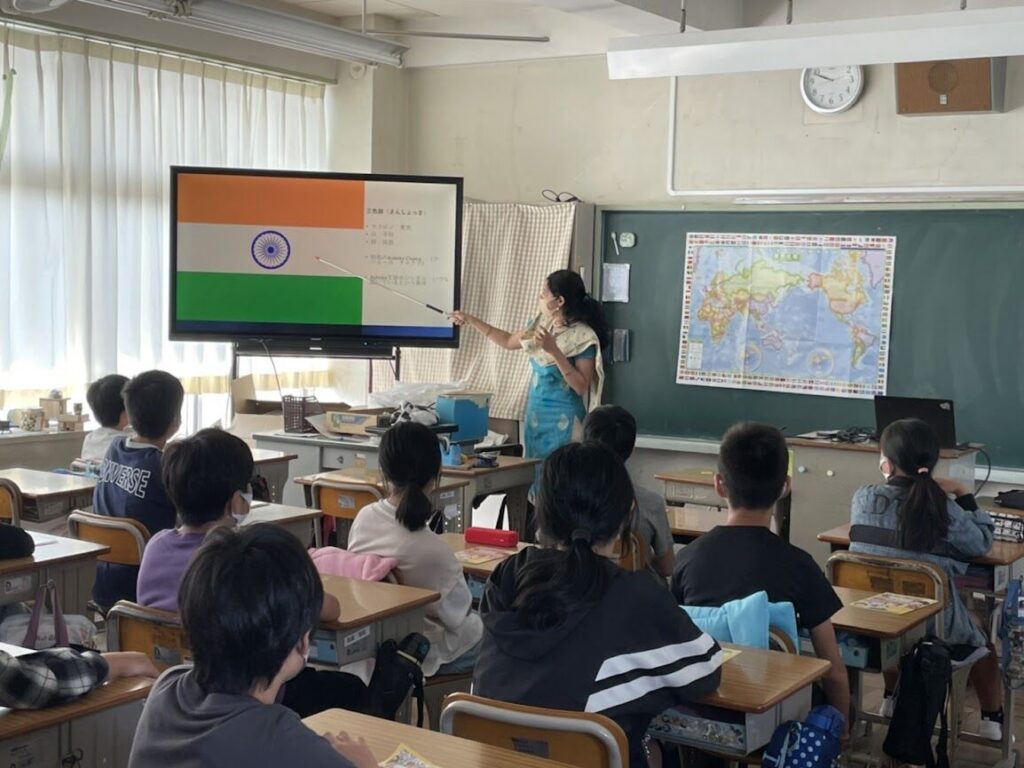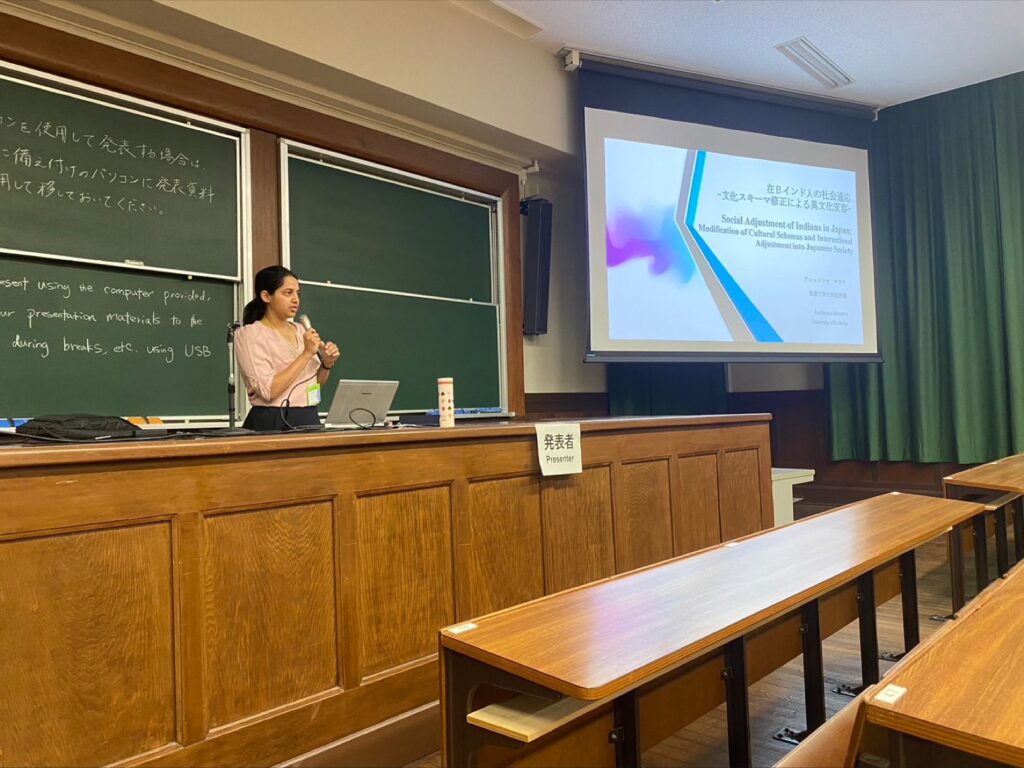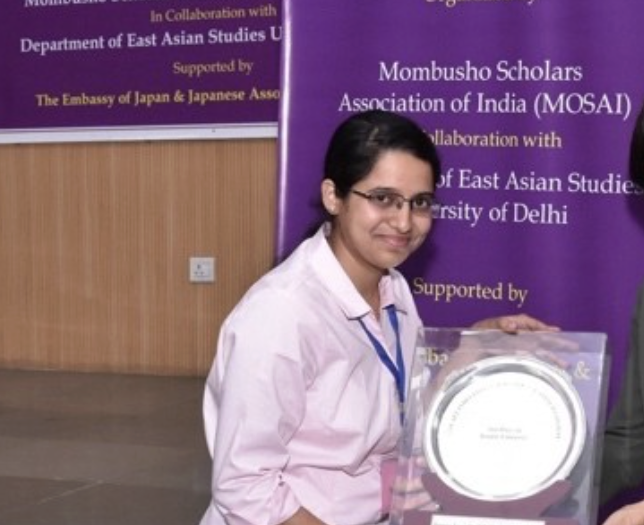This article follows Aashlesha, an Indian social psychology researcher, through her journey of learning Japanese, winning the MEXT scholarship, and building an academic career in Japan. From mastering JLPT N1 to navigating culture shocks and conducting meaningful research on Indian migrants, Aashlesha shares valuable insights into language learning, resilience, and cross-cultural connection. Her story encourages aspiring Indian professionals to pursue their goals in Japan with both strategy and spirit.
Whether you’re just starting to learn Japanese or considering a career in Japan,
Aashlesha’s journey offers both inspiration and practical insight to help you take your next step.


From Learning Hiragana to JLPT N1: How Aashlesha Learned Japanese
Aashlesha, a social psychology researcher from India, began studying Japanese in 2015. With a foundation in the humanities, her motivation stemmed from a mix of academic curiosity and family history—her father had worked briefly in Japan, and a relative had also studied Japanese. What started as an exploratory choice soon became a passion.

I realized that I have an aptitude for learning languages, and committed to daily practic

That’s good, It’s important to keep going!

Cracking the MEXT Code: Winning the Prestigious Japanese Government Scholarship
Aashlesha earned a spot in Japan’s elite MEXT (Monbukagakusho) scholarship program in 2020. Her acceptance was driven by not only her Japanese fluency but also her impressive academic credentials, including awards in speech contests and a research plan tailored to Japan’s social landscape.
She joined the University of Tsukuba as a research student. Then, she took the Ph.D. entrance examination and entered the doctoral program. Her doctoral research focused on Indian migrants’ psychological and cultural adjustment to life in Japan.

The competition rate for MEXT scholarships varies depending on the country and academic year, but it is not uncommon for it to be dozens or even hundreds of times higher than the number of available scholarships.
The Culture Shocks: What Surprised Her Most in Japan
Like many new arrivals, what impressed her most were Japan’s systems
・Strict timekeeping and reliable appointments
・Quiet train etiquette
・Clear and consistent government procedures
Social Struggles and Emotional Survival
Aashlesha felt very lonely in the beginning, as she arrived in Japan during COVID, and attended online classes. Eventually, she started building a network-first, through people she knew from India, and then through her Japanese and international classmates, and university circles.
Research That Matters: Indian Migrants in Japan

Aashlesha’’s PhD research focused on Indian professionals navigating Japan’s workplace. Why?

There’s very little psychological research on Indians in Japan. I wanted to fill that gap
For Indians and other foreigners in Japan, language remains the biggest barrier. Even highly skilled engineers are sometimes overlooked simply because they can’t speak Japanese—while some unrelated majors get hired based on language alone.

There’s a mismatch. In Japan, language sometimes outweighs actual job skills
Career vs. Identity: Why She Stays in Japan
Aashlesha once thought she’d return to India post-PhD, but now she’s building an academic career in Japan. And she said
“I’ve built up qualifications here. That has now become the pride of my career.
I want to grow more before I consider leaving.”
She also wants to continue refining her Japanese and contribute to building a more bilingual, globally minded Japan. Her research has now expanded beyond Indians to include the relationship between all foreigners and Japanese people.
Advice for Japanese Language Learners
・Want to work in Japan?
Focus on real conversation, podcasts, and survival Japanese
(Least pick up word,such as technical terms and language needed for meetings)
・Want a long-term career?
JLPT is essential. Plan for 5–10 years of serious learning

“Language is a survival skill—but also an investment. Don’t use ‘I’m busy’ as an excuse. You just have to start.”
Her perseverance is what makes her strong today. As a researcher, she seeks to elucidate the issues surrounding the relationship between the Japanese people and those of immigrants.
This is meaningful for Japan, which is facing a declining birthrate and aging population, and her passion, born of her own experiences, may serve as a stepping stone for addressing social issues in Japan.



コメント